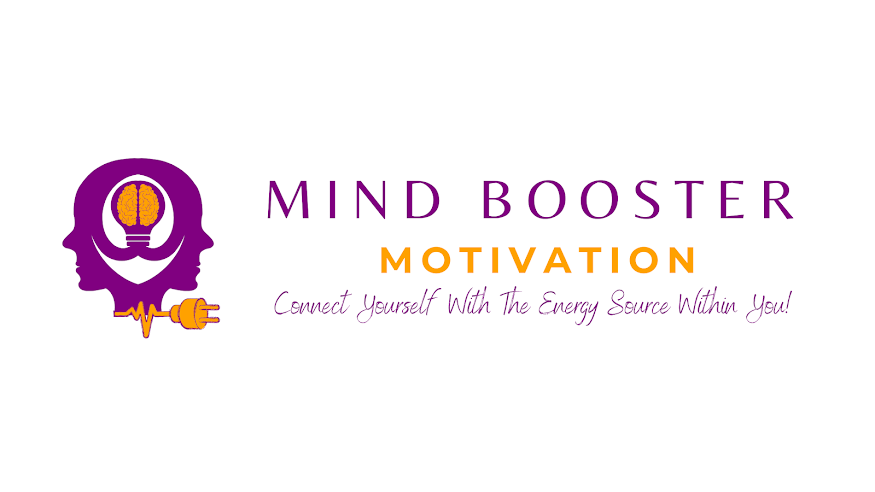The Decision Paradox: Highly Intelligent Individuals Opting for Employment Over Entrepreneurship
The juxtaposition of highly intelligent individuals choosing conventional employment over entrepreneurship, even at seemingly suboptimal remuneration, presents a multifaceted paradox. Entrepreneurship, traditionally associated with innovation and autonomy, seems to be a natural fit for those deemed the brightest minds.
However, numerous complex factors influence these choices, driving some of the most intelligent individuals to opt for employment despite the allure of entrepreneurship. This technical article produced by Mind Booster Motivation Team delves into the rationale, backed by data and statistics, behind this intriguing phenomenon.
Risk Mitigation and Economic Stability:
Entrepreneurship inherently involves risk, which is often magnified for highly intelligent individuals who possess a profound understanding of potential pitfalls. A study conducted by the National Bureau of Economic Research found that 25% of startups fail within the first year, with the rate climbing to 50% by year five. The same study showed that risk-averse individuals, which may include the intellectually gifted, are more inclined to choose stable employment to mitigate potential financial uncertainty.
Specialization and Expertise:
Highly intelligent individuals often excel in specific domains due to their specialized knowledge. According to research published in the Journal of Labor Economics, specialization within employment can lead to a significant wage premium. The concept of skill-biased technological change suggests that the labor market rewards specialization, which might incentivize the intellectually gifted to opt for employment that leverages their expertise for higher financial returns compared to entrepreneurial endeavors.
Opportunity Cost and Resource Allocation:
Entrepreneurship necessitates substantial investment of time, effort, and resources. A study by the Small Business Administration in the United States revealed that the median cost of starting a business exceeded $70,000 in 2020. Highly intelligent individuals might assess this opportunity cost against potential returns and opt for employment, where the upfront investment is significantly lower, allowing them to allocate resources elsewhere, such as personal development or family commitments.
Work-Life Balance and Mental Health:
Entrepreneurship often demands long hours and emotional investment, potentially affecting mental health. Research published in the Journal of Business Venturing highlighted that entrepreneurs experience higher levels of psychological distress compared to those in traditional employment. Highly intelligent individuals might value work-life balance and well-being, opting for structured employment environments that facilitate healthier lifestyles.
Administrative Overhead and Complexities:
Entrepreneurship involves multifaceted responsibilities, including administrative tasks and managerial roles. Research from the Global Entrepreneurship Monitor indicates that entrepreneurs spend 33% of their time on administrative tasks, which may be unappealing to intellectually gifted individuals who prefer to focus on their core competencies. Employment offers relief from these administrative burdens, enabling them to concentrate on their specialized skills.
Market Uncertainties and Failure Rates:
Market uncertainties and competition can pose challenges for entrepreneurs. According to the U.S. Bureau of Labor Statistics, around 20% of new businesses fail during the first two years of being open, while 45% fail during the first five years. Highly intelligent individuals, who often possess a deep understanding of market dynamics, might perceive these statistics as disincentives, preferring the perceived safety of established organizations.
Intellectual Curiosity and Research-Oriented Roles:
Intellectually gifted individuals often harbor a strong desire for intellectual stimulation and exploration. Research positions within established organizations can offer a platform for continual learning and the pursuit of research interests. A study published in the Journal of Vocational Behavior highlighted that researchers within traditional employment reported higher levels of job satisfaction compared to those in entrepreneurial roles.
Societal and Peer Influence:
The cultural narrative surrounding entrepreneurship is often amplified, glorifying those who embark on independent ventures. However, societal and peer influences can play a significant role in shaping career choices. Highly intelligent individuals may perceive entrepreneurship as a risky path in the face of societal expectations and opt for employment to align with perceived norms.
Therefore, the decision of highly intelligent individuals to opt for traditional employment over entrepreneurship is not only rooted in economic considerations but encompasses a spectrum of psychological, emotional, and situational factors.
While entrepreneurship holds the promise of innovation and autonomy, the appeal of economic stability, specialized roles, work-life balance, and avoidance of administrative complexities is a compelling draw. In a dynamic and competitive landscape, these individuals meticulously evaluate their options, recognizing that the decision hinges on a complex interplay of their unique talents, personal aspirations, and the intricacies of the modern career landscape.







Comments
Post a Comment